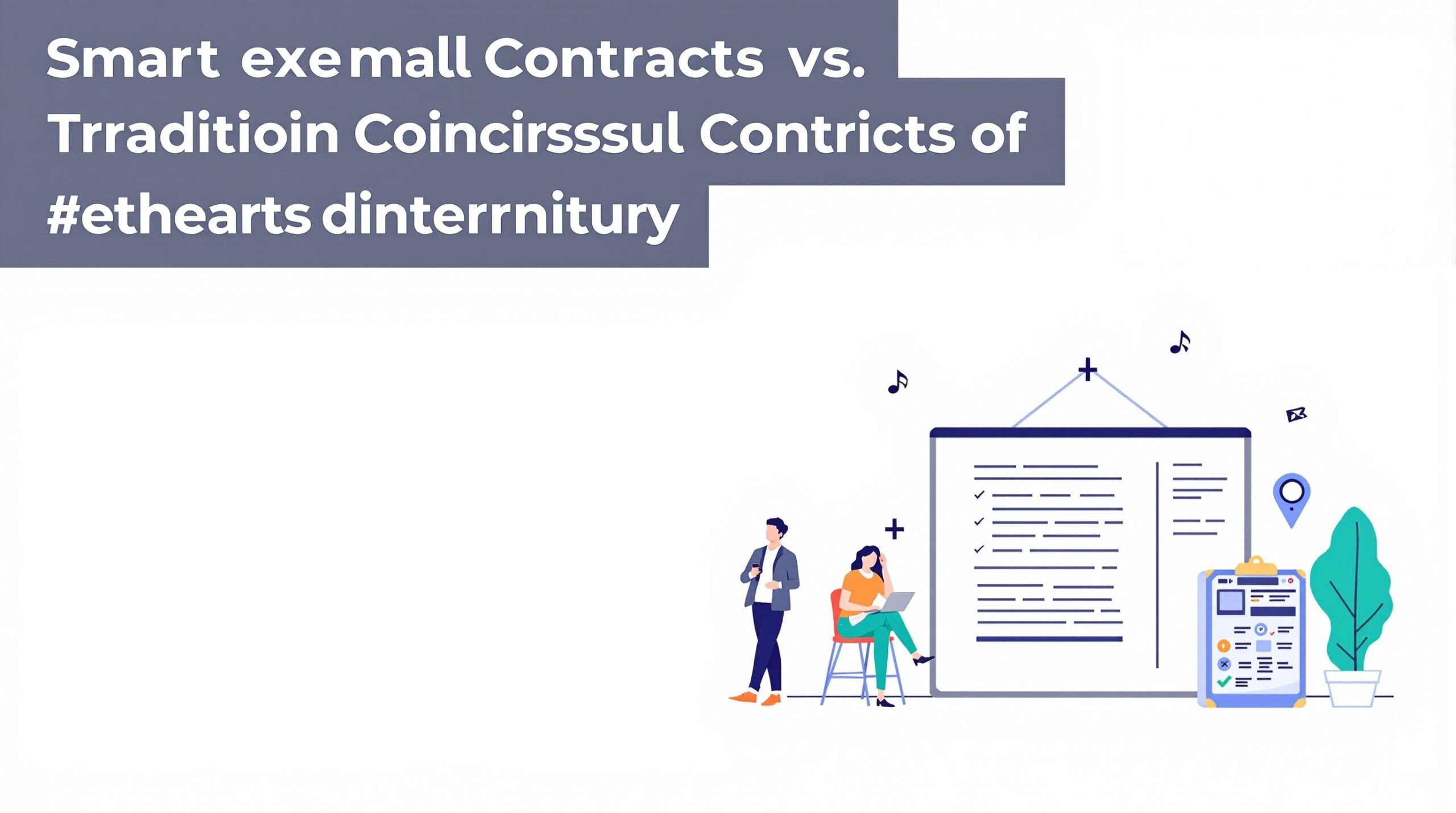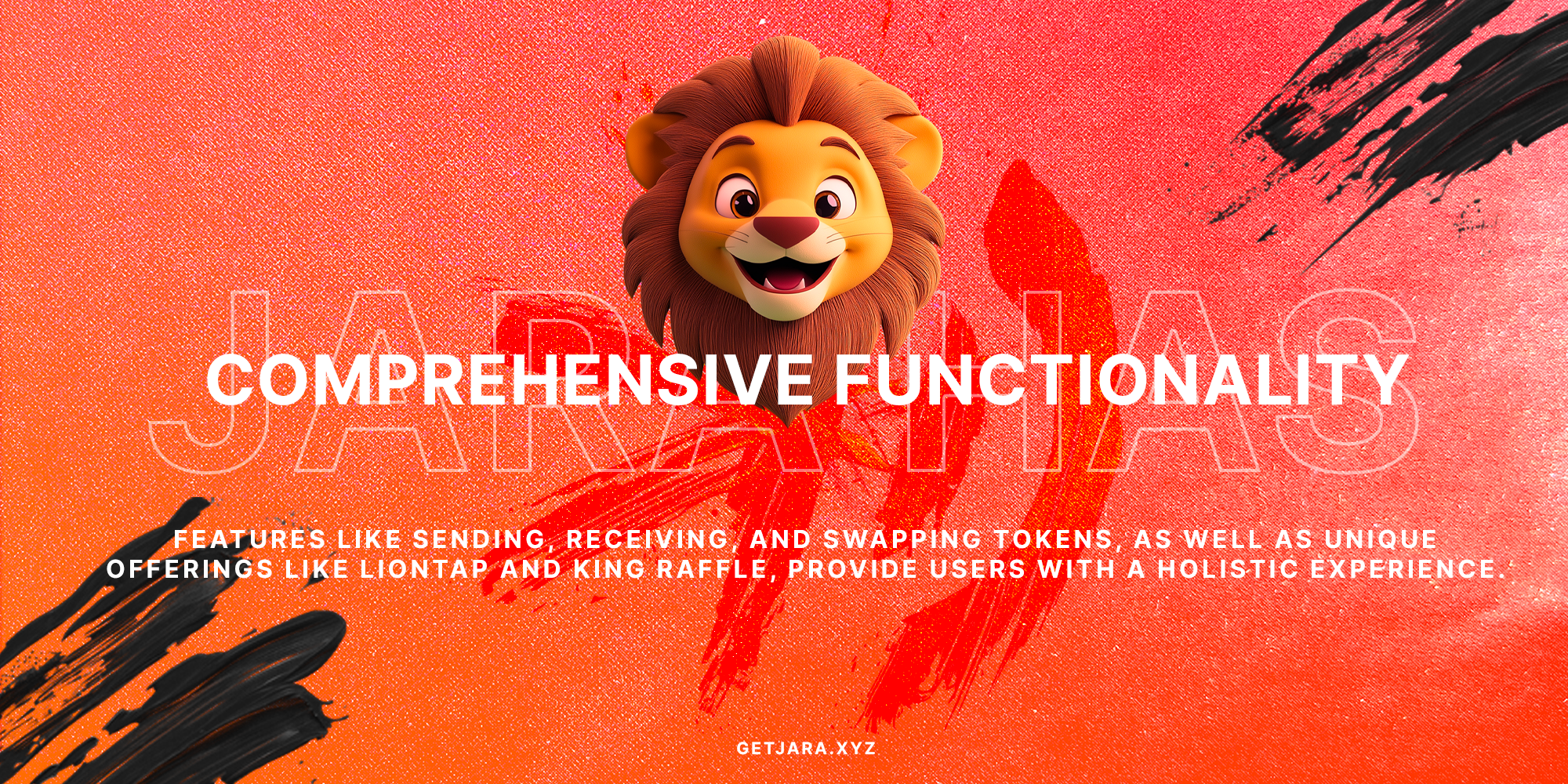
Have you ever wondered how business agreements are executed automatically with no human intervention? Welcome to the world of smart contracts, a revolutionary concept that is transforming the traditional landscape of contract execution. To begin with, let’s explore what a smart contract actually is. A smart contract is a self-executing contract where the terms of the agreement are written as code into the blockchain. This innovative technology ensures that agreements are automatically executed when predetermined conditions are met, reducing the need for intermediaries and potentially lowering costs.
What are smart contracts? Smart contracts are self-executing contracts with the terms of the agreement directly written into lines of code, which are stored on a blockchain network.
Smart contracts have evolved alongside the rise of blockchain technology. One of the most popular platforms for developing smart contracts is Ethereum, which opened new possibilities for decentralized applications. The concept of smart contracts was first proposed by Nick Szabo in 1994, well before the blockchain era. Szabo envisioned them as a way to enforce terms of a contract digitally, akin to how a vending machine operates – dispense snacks automatically when the correct amount of money is inserted.
In contrast, traditional contracts have a longstanding history in business dealings, deeply rooted in legal frameworks and requiring substantial human oversight. These contracts are often paper-based and necessitate a clear legal language, requiring negotiations, signatures, and sometimes even a witness. While they provide a robust legal framework, the process can be time-consuming and prone to human error or biases.
In Africa, where digital transformation is a priority, the adoption of smart contracts could revolutionize the way businesses operate. With governments and enterprises looking for efficient, transparent methods to manage agreements, smart contracts emerge as a pivotal solution. They cater not only to private industries but also to public infrastructure, such as various initiatives in Africa aiming to digitize real-world assets.
To further illustrate, consider Jara, a company at the forefront of Africa’s digital asset economy. Through smart contracts, Jara is leading projects such as the tokenization of the Lagos airport, opening doors to capital and investment opportunities previously inaccessible. This endeavor highlights the potential smart contracts have in transforming large-scale infrastructure projects by reducing transaction times and eliminating the middleman.
The use of smart contracts in Africa is gaining momentum as they provide a secure and reliable framework, reducing the risk of fraud and enhancing trust. Furthermore, the application of blockchain technology ensures data integrity, which is particularly crucial in financial transactions and asset management.
Despite their advantages, smart contracts also face challenges, particularly concerning legal recognition and enforceability in different jurisdictions. Currently, the legal framework around them is still evolving. On the other hand, traditional contracts remain a staple due to their established legal precedents.
In conclusion, while traditional contracts have established a solid foundation in business law, the advent of smart contracts is creating an exciting paradigm shift. As we venture further into the digital age, understanding the nuances between these two forms of agreements becomes crucial. Organizations like Jara are paving the way for incorporating smart contracts into everyday business practices, bridging global capital with African assets, and fostering an ecosystem primed for economic growth.
Smart contracts are revolutionizing the way transactions are performed across sectors. But how do they actually work? Let’s explore their operational framework. At their core, smart contracts are self-executing contracts with terms directly written into lines of code. These contracts run on blockchain technology, providing unparalleled trust and immutability.
Imagine you’re depositing money in a vending machine to purchase a snack. You put the money in, and based on your selection, the machine automatically releases your chosen product without human intervention. That’s a simple analogy for how smart contracts function. Once the predefined conditions are met, the contract executes itself, which is facilitated by blockchain’s decentralized ledger. This means third-party enforcement is no longer necessary, cutting down costs and time significantly.
How do smart contracts ensure trust? Blockchain technology ensures trust by providing a decentralized, tamper-proof ledger where all terms are verifiably recorded.
The magic happens on the blockchain. When two parties enter into an agreement using a smart contract, they are essentially programming the contract conditions onto the blockchain network. When the contract’s conditions are met, the blockchain’s algorithm automatically executes the contract. This eliminates the potential for disputes often seen in traditional contracts, which rely heavily on manual execution and interpretation.
Interestingly, AI and blockchain often go hand-in-hand, improving the speed and reliability of transactions by removing human error and bias. This combination fosters a seamless interaction devoid of human friction, a stark contrast to the lengthy negotiation and enforcement processes inherent in traditional contracting.
A prime example of smart contracts in action is within the legal arena, where they are increasingly used to automate the execution of legal obligations, thereby reducing the burden of compliance and enforcement.
On the other hand, traditional contracts rely on manual verification and complex enforcement processes. They often require mediation or legal intervention to resolve disagreements. This reliance on arbitration and legal systems naturally inflates the cost and time involved in contract fulfillment, contrary to the streamlined efficiency that smart contracts offer.
How does blockchain enhance contract execution? Blockchain increases the reliability of smart contracts by executing agreements automatically when predefined conditions are met, reducing disputes from human error or intentional breach.
As Africa embraces digital transformation, the application of smart contracts, especially within economies like those supported by cryptocurrency and blockchain, is expected to grow dramatically. This progression not only modernizes transaction processes but also amplifies access to financial services previously hindered by traditional systems.
In this rapidly evolving digital landscape, Jara stands at the forefront, bridging the gap by employing smart contracts to provide equitable access to global capital and digital assets within Africa. With its integrated blockchain and financial services platform, Jara offers a seamless and secure way for users to participate in Africa’s burgeoning digital economy.
In conclusion, smart contracts promise a future where transactions are faster, cheaper, and more secure. While traditional contracts will remain necessary for certain types of agreements, the advantages offered by smart contracts provide a compelling case for their growing adoption.

In the evolving landscape of contracts, understanding the efficiency of smart contracts versus the flexibility of traditional contracts is crucial. Smart contracts, powered by blockchain technology, have transformed the way agreements are executed. They are renowned for their speed, as transactions occur almost instantaneously once the predetermined conditions are met. This feature cuts down the time-consuming process inherent in traditional contracts, where multiple parties may need to review and sign documents manually.
Why is speed with smart contracts so significant? Imagine purchasing real estate where each phase of negotiation, verification, and payment is automated, reducing what usually takes weeks or months to mere days. Transparency is another hallmark of smart contracts. Each transaction is recorded on a blockchain, providing an immutable and easily accessible record for all parties involved. This transparency reduces the risk of fraud and ensures trust between parties.
On the flip side, traditional contracts boast a level of adaptability that smart contracts currently lack. Human involvement allows for flexibility in interpretation and negotiation, which is vital in situations where nuanced understanding or discretion is needed. Suppose a business deal encounters unforeseen circumstances; traditional contracts can be renegotiated to reflect new realities, something inherently rigid smart contracts can struggle with.
What is a smart contract? A smart contract is a self-executing contract with the terms of the agreement directly written into lines of code. They run on a blockchain and automatically enforce and verify the agreed-upon conditions.
Legal enforceability is another realm where both types of contracts have their strengths and drawbacks. Smart contracts offer the advantage of automated execution, which ensures that agreed-upon terms are carried out without the need for third-party intervention. However, they are not without limitations. The legal system is still catching up to these innovations, and the lack of established regulatory frameworks can pose challenges in disputes.
Traditional contracts, while sometimes slow-moving, have the backing of centuries of legal precedent. They allow for more comprehensive legal frameworks, where parties can challenge or amend agreements through established court systems. This trusted, though sometimes cumbersome, approach provides participants with a legal safety net.
In regions like Africa, where digital infrastructure is developing, the balance between adopting smart contracts and relying on traditional frameworks poses a unique challenge. Bridging the gap between the digital revolution and traditional legal systems requires careful consideration of both cultural and technological factors.
“Efficiency is doing things right; effectiveness is doing the right things.” – Peter Drucker
As we dive deeper into the applications and strategic importance of smart contracts within platforms like Jara, which is contributing to Africa’s economic development through initiatives like the Lagos airport tokenization project, understanding these benefits and limitations will be instrumental. By leveraging the power of the $JARA token within this ecosystem, investors not only gain access to revolutionary financial products but also participate in a broader movement towards financial inclusion and transparency.
The rise of smart contracts has undoubtedly transformed many industries by streamlining processes and enhancing efficiency. But how do these digital agreements play out in the real world, especially across varied sectors like finance, supply chain, and real estate? Let’s dive into some use cases and explore how traditional contracts still hold their ground.
In the financial sector, smart contracts are revolutionizing transactions and reducing the need for intermediaries. Imagine buying a property without mountains of paperwork; with smart contracts, that’s increasingly possible! They execute financial agreements automatically once conditions are met, making escrow processes smoother and faster. Such applications are particularly potent in Africa, where the Jara platform is empowering the emerging digital asset economy by facilitating transactions with the $JARA token.
Smart contracts automate and expedite transactional processes, significantly reducing the complexities traditionally associated with financial agreements.
Ever wondered how goods move from producer to consumer in today’s sprawling global market? Smart contracts are pivotal in enhancing supply chain transparency and efficiency. They automatically track inventory levels and shipments, reducing errors and costs. For instance, when a product is dispatched, a smart contract can trigger payments, update inventory, and notify relevant parties, ensuring seamless operations.
In the supply chain sector, smart contracts provide transparent, tamper-proof records that enhance efficiency and trust.
The traditional real estate market often involves complex legal negotiations and lengthy closing times. However, smart contracts are revolutionizing this by verifying property records and transferring deeds instantly once agreed-upon conditions are satisfied. This is crucial in regions with fragmented property records, allowing for clearer and quicker property exchanges.
Real estate transactions benefit from smart contracts through faster processing times and reduced administrative overhead.
Despite the innovative edge of smart contracts, traditional contracts aren’t obsolete. They are indispensable in scenarios requiring detailed human interpretation and legal nuance, particularly when subjective judgment and flexibility are needed. Complex corporate mergers, long-term partnerships, or instances where laws rapidly evolve often demand the personalized nature of traditional contracts.
Traditional contracts remain crucial for complex agreements requiring detailed analysis and adaptable terms.
Considering both approaches, hybrid models are emerging to leverage the benefits of smart contracts while retaining traditional contract strengths. These often involve traditional agreements for nuanced terms while utilizing smart contracts for routine checklists or financial settlements, providing a balanced and comprehensive contractual solution.
Whether you’re exploring smart contracts’ capabilities in simplifying processes or leveraging traditional contracts’ detailed nature, the key lies in choosing the appropriate type based on specific situational needs. Curious to know more? Dive into how technology is shaping Africa’s financial future with Jara, and see how the $JARA token is becoming a pivotal player in this transformation.

Smart contracts operate through blockchain technology, making them self-executing and automating the process of verifying and enforcing agreements.

In addition to our expertise in smart contracts, we offer services in other related areas that can complement your needs effectively.
Our dedication to excellence in Smart Contracts & Automation is evident in every case we undertake. The positive feedback from our clients is a testament to the hard work and dedication we consistently deliver.

Ready to explore the transformative power of smart contracts with a team renowned for innovation and dedication? Connect with Jara. Our team combines technical acumen with legal expertise to ensure seamless transitions into the world of smart contracts.
“Your Voice, Our Mission” – we champion your rights with the tenacity and dedication that has earned us the trust of our community members.
Jara stands proud with numerous accolades validating our expertise. Don’t just take our word for it – let our awards speak for themselves:
Whether you are ready to modernize your agreements or want to learn more about our unique approach, visit Jara today. Discover how we are bridging global capital to African assets with precision and innovation. Download the Jara app now on Android or iPhone to experience our services firsthand.
